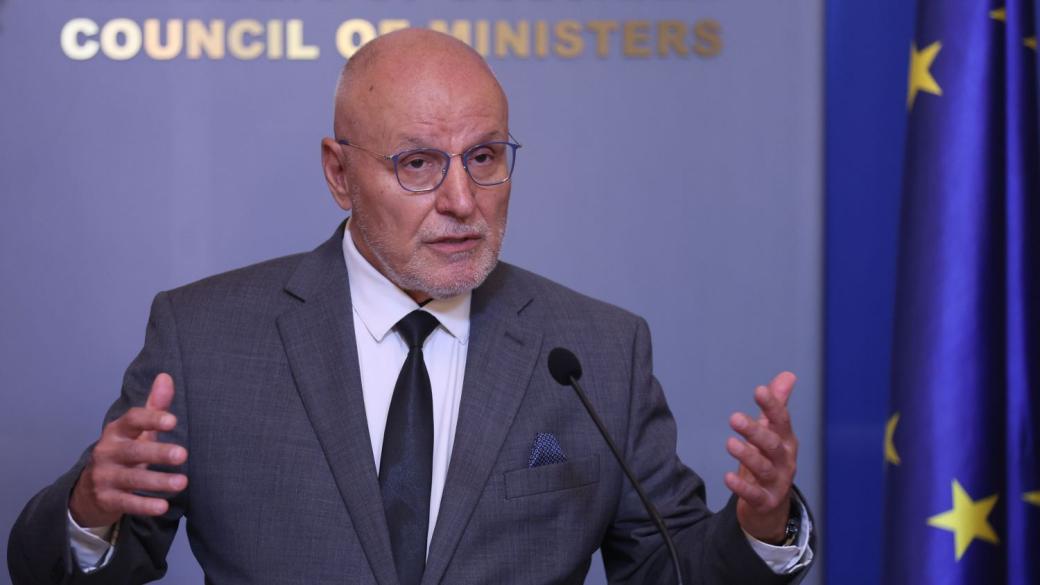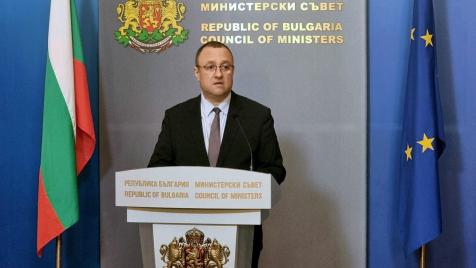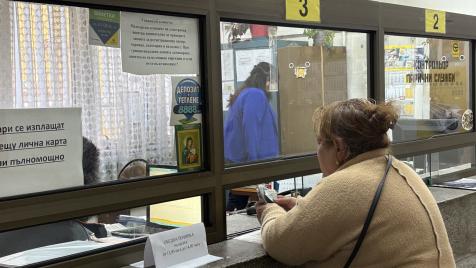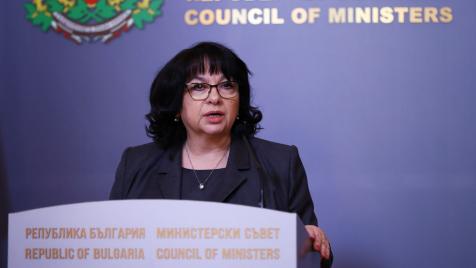BNB Governor: Bulgaria will not repeat the Greek scenario after introducing the euro
Governor Dimitar Radev once again calls for fiscal discipline

Fears of “debt-fueled spending” after the introduction of the euro in Bulgaria are unfounded. This was confirmed by the Governor of the Bulgarian National Bank (BNB), Dimitar Radev, in an interview with Politico, quoted by the institution.
The key challenge is not whether we can borrow more, but whether we remain committed to using debt in a prudent and growth-oriented manner," he said.
Radev reiterated that fiscal discipline is a “cornerstone” of the country's macroeconomic framework and that this “should not change.”
The convergence process must strengthen, not weaken, our long-standing commitment to fiscal stability,” he stressed.
Earlier this month, the European Commission and the European Central Bank (ECB) published positive reports on Bulgaria's readiness for the eurozone.
At the same time, some economists believe that the ever-growing budget deficit, rising public debt and deteriorating public finances in Bulgaria are putting the country in a situation close to the so-called “Greek scenario,” in which other European countries may have to bail out our finances. “Greek scenario,” in which other European countries may have to bail out our finances.
According to the governor of the central bank, however, the country's new status will not radically change its economic philosophy, and fears that easier access to international capital markets will lead to more debt are unfounded.
New challenges
The publication writes that the central bank is also facing an important change.
Under the currency board regime, inflation is kept under control mainly through fiscal discipline and tax policy, rather than through monetary policy using interest rates, which Sofia cannot pursue. Radev stressed that upon joining the currency union, monetary policy becomes common, while fiscal policy remains national.
We should not expect the ECB to adapt its policy to individual economies – it is the responsibility of national authorities to coordinate and adapt,” Banker No. 1 emphasized.
Conservative force
As Bulgaria prepares to take its place at the table in Frankfurt, Radev signaled that the BNB will maintain a conservative, stability-focused approach to monetary policy.
Without identifying himself with the traditional labels of “hawk” or “dove,” Radev clearly stated that he would support policies that strengthen resilience, reduce fragmentation, and preserve price stability in the eurozone.
I lead one of the more conservative central banks and we have no intention of changing this course,” he said.
Translated with DeepL.

 Simona Gotsova
Simona Gotsova 




